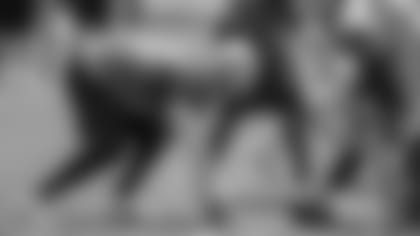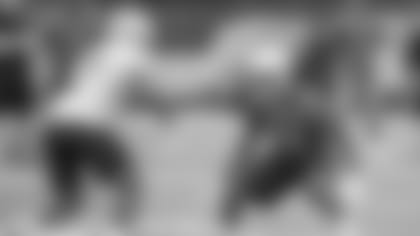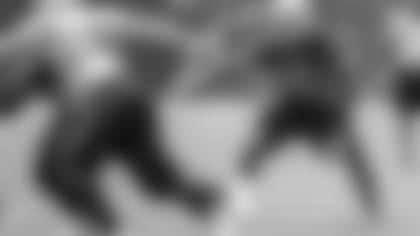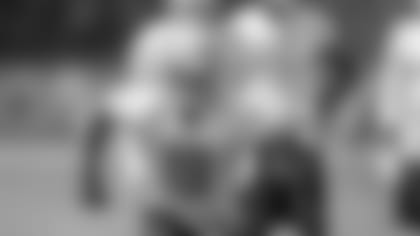The NFL owners approved rules changes simplifying what constitutes a legal catch at the recent annual meetings in Orlando, but that did not erase the game of "what if" – especially for teams like the Detroit Lions and Dallas Cowboys who were victimized in varying degrees by the old rule.
Retired Lions receiver Calvin Johnson and the Cowboys' Dez Bryant were prime examples of players who had legal catches under the new rule that were nullified by the old "process" rule.
Bryant's play had more significant impact because it came against the Packers in the divisional round of the 2014 season playoffs. A replay reversal wiped out what had been ruled on the field as a 31-yard reception on fourth down. It would have been first and goal at the Packers' one-yard line, putting the Cowboys in position to take the lead.
With the incompletion on replay, the Packers got the ball and ran out the clock to clinch a 26-21 victory and advance to the NFC Championship – where the Packers lost to the Seahawks.
Johnson's play triggered the same head-scratching questions over what looked like a legal catch everywhere from the sandlots to NFL stadiums – but not in the NFL's rule book.
On the play, Johnson caught a 25-yard pass in the end zone from backup quarterback Shaun Hill. As Johnson got up, he released the ball with his right hand and ran through the back of the end zone to celebrate what appeared to have given the Lions a 20-19 lead with 24 seconds left – and with the option of going for two points to increase the lead to three points.
The celebration soon turned to confusion, then disbelief on the Lions' part when the catch was ruled an incompletion on replay because he did not "complete the process."
No doubt because of Johnson's stature as the top receiver in the league, the play was held up as an example of a loophole in the rules that needed to be closed by common sense, but it did not have the immediate impact as Bryant's play.
For one thing, it came on opening day of 2010 against the Bears at Soldier Field.
For another, the overriding issue in that game had already been established when quarterback Matthew Stafford went out in the first half with a shoulder injury that would limit him to three games in his second season.
However, the play did have an impact in the following areas:
NFC North standings: The Bears finished first at 11-5 with the Packers making the playoffs as a wild card at 10-6. A loss to the Lions would have made both teams 10-6, and the Packers would have won the division under the tiebreaker, based on a better record in the conference – 8-4 vs. 7-5 for the Bears had they lost to the Lions.
Playoff seeds: Potentially important, it became moot when the Packers won three games on the road to get to the Super Bowl, where they beat the Steelers.
However, at 11-5 the Bears were a No. 2 seed, with a first-round bye and home-field advantage to start the playoffs. Ultimately, the teams met in Chicago in the NFC Championship. The Packers beat the Bears after previously beating top-seeded Atlanta.
Draft position: Negligible.
As one of seven teams with a 6-10 record, the Lions had the 13th pick in the first round. They took defensive lineman Nick Fairley, who mostly underperformed in four seasons as a Lion.
As one of three teams at 7-9, the Lions likely would have dropped down one draft spot to 14th between the Rams and Dolphins based on strength of schedule. Fairley most likely would have remained the Lions' pick.













